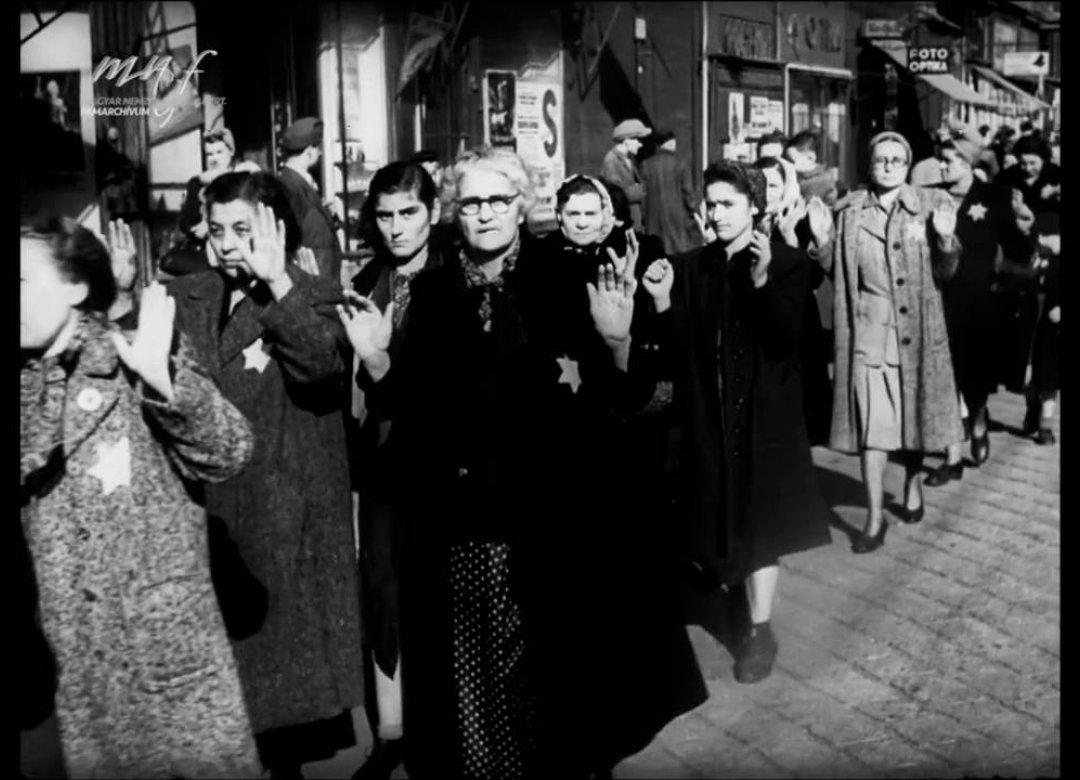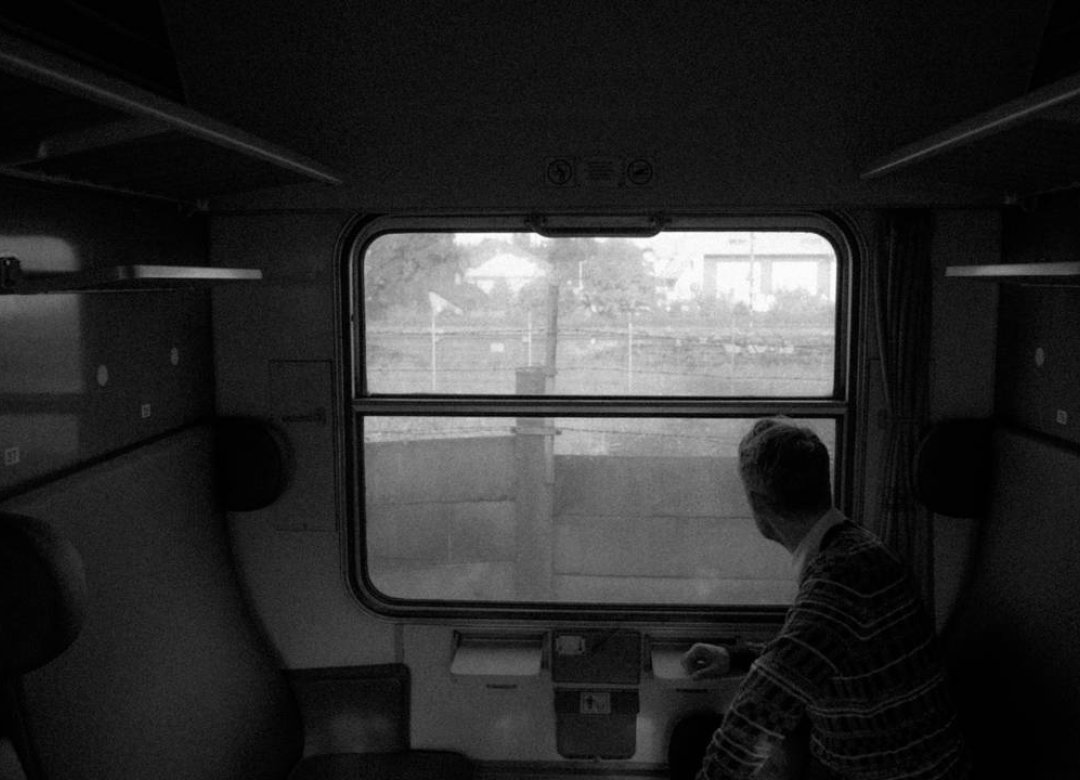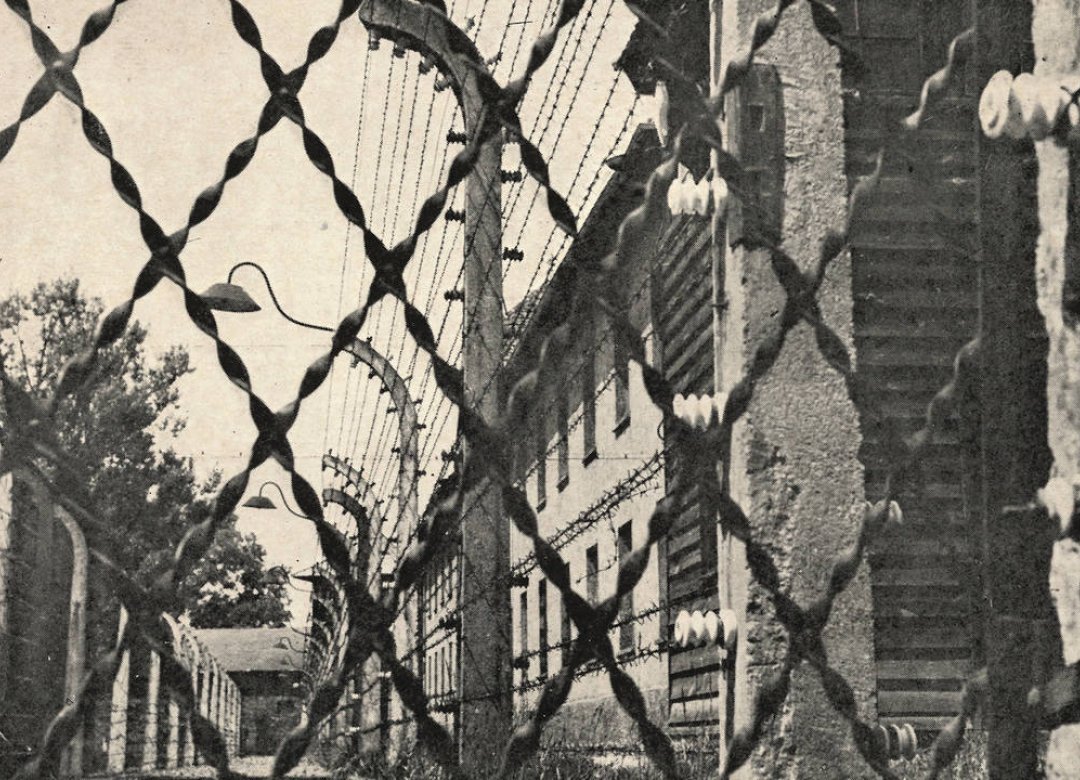Synopsis
The film starts with Alfred Wetzler on his way to Frankfurt in 1964 to give a testimony at the Auschwitz Prozess, the biggest German trial of Nazi war criminals. His aim is to help convict ex-SS guards Wilhelm Boger and Oswald Kaduk of mass murder. He is a valuable witness due to the fact that he is one of the authors of the Auschwitz Protocol, a historical 40-page document that broke the story of the Nazi extermination machinery to the world. After introducing Wetzler's story we go back in time to 1944 to describe the escape and what motivated it. Wetzler was a member of the camp resistance and when its leadership found out that soon a million Hungarian Jews were to be deported, they decided someone should escape the camp to warn the Allies and get them to bomb the camp. Wetzler and Rudolf Vrba were chosen as the best candidates to complete what was seen as a suicide mission. Yet, against all odds they succeeded and endured unimaginable hardships on their way to Slovakia. Afterwards they wrote the report which received worldwide attention, but was labelled a hoax by the Nazis and even on the Allied side was considered a gross “Jewish” exaggeration. This meant the camp was never bombed, a fact that haunted Vrba and Wetzler for the rest of their lives. We then examine the post-war period of Wetzler's life. In 1950 he is implicated in an antisemitic trial and narrowly avoids another imprisonment. Afterwards he is considered an enemy of the state and faces persecution. In the 1960s his situation improves, he writes his groundbreaking Auschwitz memoir, and fights for justice for the victims. This is when we return to Wetzler's testimony at the trial, which is hugely traumatic especially as many of the criminals escape punishment. In the 1970s and 80s Wetzler is once again persecuted and under surveillance of the secret service. All mentions of him are suppressed, and he withdraws from society out of fear for his family. In 1988 he dies in obscurity in Bratislava.
Gallery


